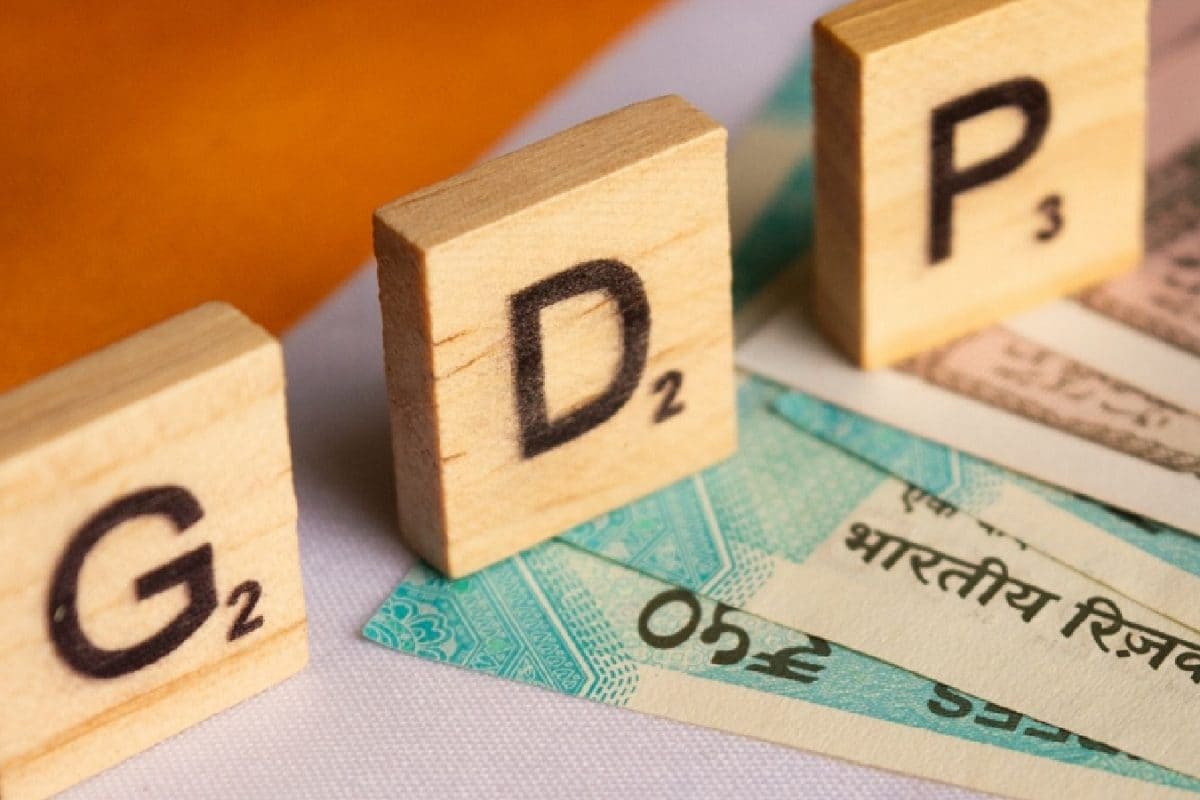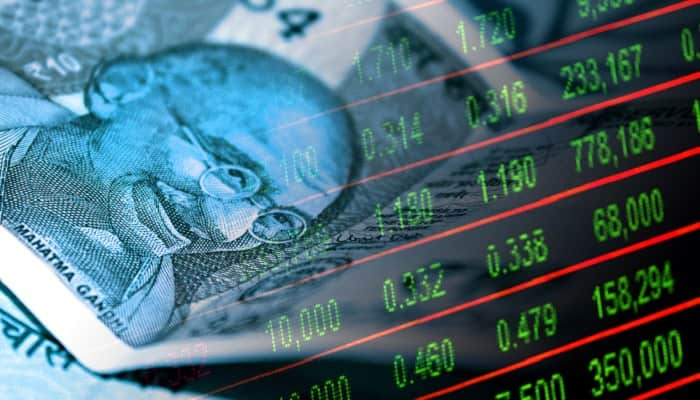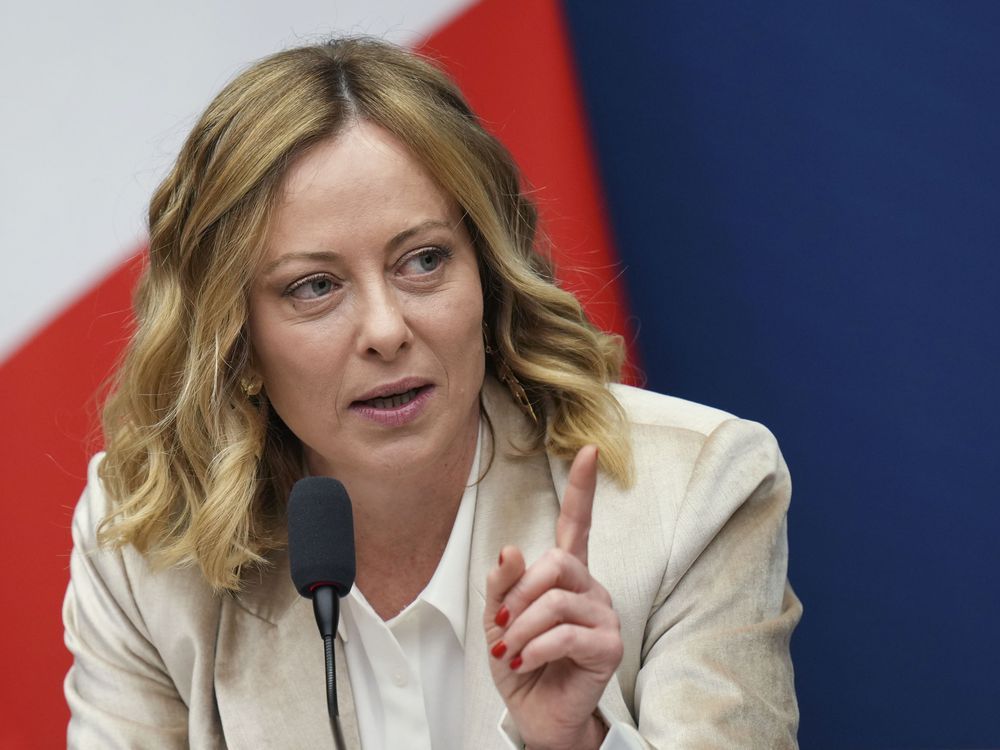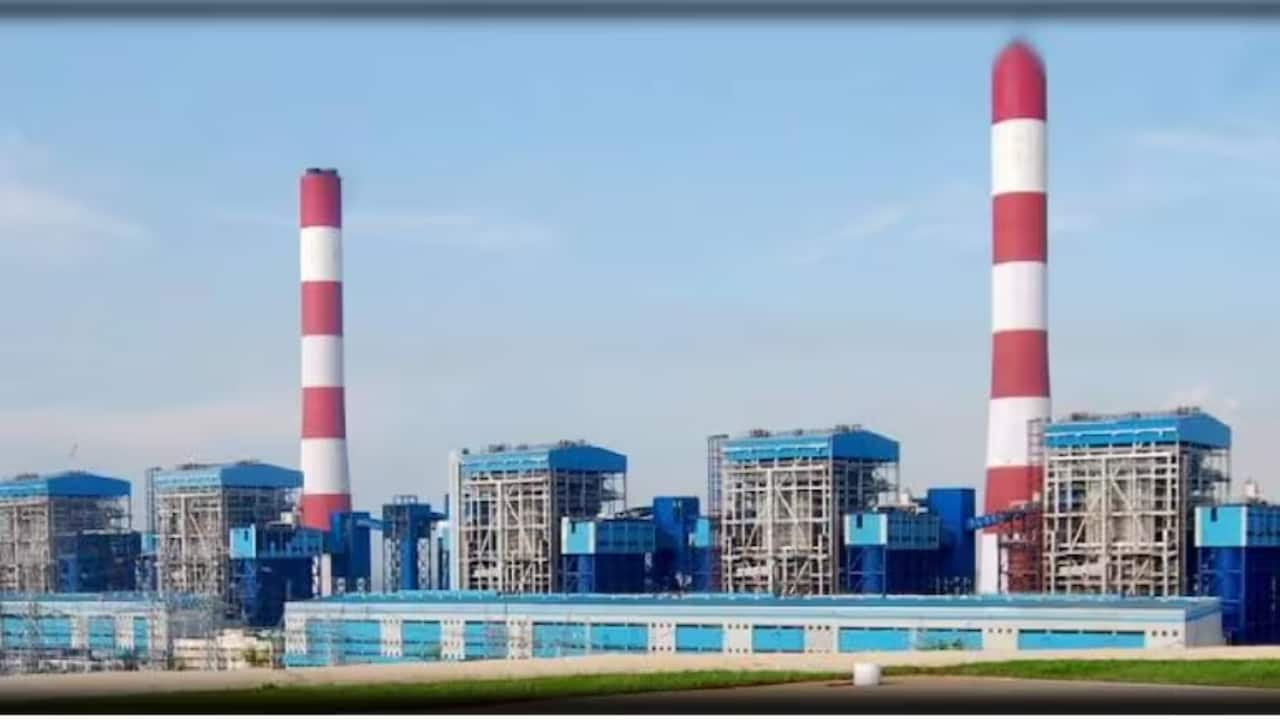Global tariff conflicts prompt calls for Korea-U.S. sector collaboration Published: 15 Apr.
2025, 17:13 Kim Chang-wook, Managing Director and Partner at Boston Consulting Group (BCG), speaks at the 5th Korea-U.S. Industrial Cooperation Conference in the Grand Hall of the Korea Chamber of Commerce and Industry (KCCI) building in Jung District, central Seoul, on April 15.

[KOREA CHAMBER OF COMMERCE AND INDUSTRY] Amid escalating global tariff conflicts, experts from Korea and the United States have recommended expanding bilateral cooperation in sectors such as shipbuilding, energy and artificial intelligence (AI). The Korea Chamber of Commerce and Industry (KCCI) and the Korea-America Association (KAA) held the 5th Korea-U.S.
Industrial Cooperation Conference in the KCCI building in Jung District, central Seoul, on Tuesday to discuss specific measures for collaboration between the two countries. Related Article FKI, KCCI donate $2 million to victims of forced labor KCCI chair says more U.S.
investments depend on future incentives KCCI chair pushes for more stable U.S. policy at 'productive' White House meeting Over 120 participants came together for the event, including Choi Joong-kyung, Chairman of the KAA and Ambassador for International Investment Cooperation; Park Il-joon, Executive Vice Chairman of the KCCI; Park Sung-taek, First Vice Minister of Trade, Industry and Energy; James Kim, Chairman of the American Chamber of Commerce in Korea (Amcham); and Martin Chorzempa, Senior Fellow at the Peterson Institute for International Economics.
In the shipbuilding and defense sectors, experts suggested that cooperation should extend beyond maintenance, repair and overhaul (MRO) operations to include ship construction. Robert Peters, Senior Research Fellow at The Heritage Foundation, noted that the United States is facing a “death spiral” in naval construction, as shipyard space is being consumed by surging demand for maintenance of aging naval vessels, which in turn delays the construction of new ships. He explained that collaborating with Korea on MRO would enable the United States to repair combat ships in Korea during wartime without having to return them to the mainland, while also freeing up shipyard space during peacetime.
He added that repealing the Jones Act, which requires that all cargo transported between U.S. ports be carried on U.
S.-built ships, would be necessary to enable further cooperation in the shipbuilding sector. Repealing the law would allow ships built in Korea to participate in domestic U.
S. cargo transportation. Choi Joong-kyung, chairman of the Korea-America Association, speaks at the 5th Korea-U.
S. Industrial Cooperation Conference in the Grand Hall of the Korea Chamber of Commerce and Industry (KCCI) building in Jung District, central Seoul, on April 15. [KOREA CHAMBER OF COMMERCE AND INDUSTRY] In the energy sector, participants explored the possibility of expanding imports of liquefied natural gas (LNG) from the United States.
Mark Menezes, President of the United States Energy Association and former U.S. Deputy Secretary of Energy, observed that Korea’s carbon reduction efforts would likely lead to a temporary increase in LNG consumption.
He said that since Korea imports all of its LNG and is seeking to reduce its trade surplus with the U.S., expanding the imports from U.
S. could be an effective approach. “From the perspective of the United States, Korea is an important trading partner, so Korea could adopt a strategy of significantly increasing import volumes while negotiating lower import prices,” said Yoo Seung-hoon, a professor at Seoul National University of Science and Technology.
The need for enhanced cooperation in the nuclear energy sector was also addressed. Menezes said the memorandum of understanding on nuclear cooperation signed earlier this year would serve as a starting point for more active collaboration on nuclear exports and technology. He noted that combining the U.
S.'s original technology and research capabilities with Korea's experience in construction and operation would position nuclear energy as a central pillar of the two countries’ joint energy strategy. Park Il-joon, Executive Vice Chairman of the Korea Chamber of Commerce and Industry (KCCI), speaks at the 5th Korea-U.
S. Industrial Cooperation Conference in the Grand Hall of the KCCI building in Jung District, central Seoul, on April 15. [KOREA CHAMBER OF COMMERCE AND INDUSTRY] As global competition in information technology intensifies, experts said that collaboration in AI and semiconductors is becoming increasingly critical.
Kim Chang-wook, Managing Director and Partner at Boston Consulting Group (BCG), said that “it is essential for Korean companies to be able to utilize U.S.-led AI models.
” Kim proposed that, in return, major U.S. AI companies could consider cost-sharing on data center infrastructure in Korea or explore GPU-as-a-Service (GPUaaS) models.
Mike Yeh, Regional Vice President for Corporate, External and Legal Affairs at Microsoft Asia, noted that Korea is a key supplier of high-bandwidth memory (HBM) and semiconductors — resources essential to AI model training. He said deeper collaboration with Korean semiconductor firms would help speed up the spread and application of AI technologies. Translated from the JoongAng Ilbo using generative AI and edited by Korea JoongAng Daily staff.
BY NA SANG-HYEON [ [email protected] ] var admarutag = admarutag || {} admarutag.cmd = admarutag.cmd || [] admarutag.
cmd.push(function () { admarutag.pageview('3bf9fc17-6e70-4776-9d65-ca3bb0c17cb7'); });.
Global tariff conflicts prompt calls for Korea-U.S. sector collaboration

Kim Chang-wook, Managing Director and Partner at Boston Consulting Group (BCG), speaks at the 5th Korea-U.S. Industrial Cooperation Conference in the Grand Hall of the Korea Chamber of Commerce and Industry (KCCI) building in Jung District, central Seoul, on April 15. [KOREA CHAMBER OF COMMERCE AND INDUSTRY] Amid escalating global tariff conflicts, experts from Korea and the United States have recommended expanding bilateral cooperation in sectors such as shipbuilding, energy and artificial intelligence (AI). The Korea Chamber of Commerce and Industry (KCCI) and the Korea-America Association (KAA) held the 5th Korea-U.S. Industrial Cooperation Conference in the KCCI building in Jung District, central Seoul, on Tuesday to discuss specific measures for collaboration between the two countries. Related ArticleFKI, KCCI donate $2 million to victims of forced laborKCCI chair says more U.S. investments depend on future incentivesKCCI chair pushes for more stable U.S. policy at 'productive' White House meeting Over 120 participants came together for the event, including Choi Joong-kyung, Chairman of the KAA and Ambassador for International Investment Cooperation; Park Il-joon, Executive Vice Chairman of the KCCI; Park Sung-taek, First Vice Minister of Trade, Industry and Energy; James Kim, Chairman of the American Chamber of Commerce in Korea (Amcham); and Martin Chorzempa, Senior Fellow at the Peterson Institute for International Economics. In the shipbuilding and defense sectors, experts suggested that cooperation should extend beyond maintenance, repair and overhaul (MRO) operations to include ship construction. Robert Peters, Senior Research Fellow at The Heritage Foundation, noted that the United States is facing a “death spiral” in naval construction, as shipyard space is being consumed by surging demand for maintenance of aging naval vessels, which in turn delays the construction of new ships. He explained that collaborating with Korea on MRO would enable the United States to repair combat ships in Korea during wartime without having to return them to the mainland, while also freeing up shipyard space during peacetime. He added that repealing the Jones Act, which requires that all cargo transported between U.S. ports be carried on U.S.-built ships, would be necessary to enable further cooperation in the shipbuilding sector. Repealing the law would allow ships built in Korea to participate in domestic U.S. cargo transportation. Choi Joong-kyung, chairman of the Korea-America Association, speaks at the 5th Korea-U.S. Industrial Cooperation Conference in the Grand Hall of the Korea Chamber of Commerce and Industry (KCCI) building in Jung District, central Seoul, on April 15. [KOREA CHAMBER OF COMMERCE AND INDUSTRY] In the energy sector, participants explored the possibility of expanding imports of liquefied natural gas (LNG) from the United States. Mark Menezes, President of the United States Energy Association and former U.S. Deputy Secretary of Energy, observed that Korea’s carbon reduction efforts would likely lead to a temporary increase in LNG consumption. He said that since Korea imports all of its LNG and is seeking to reduce its trade surplus with the U.S., expanding the imports from U.S. could be an effective approach. “From the perspective of the United States, Korea is an important trading partner, so Korea could adopt a strategy of significantly increasing import volumes while negotiating lower import prices,” said Yoo Seung-hoon, a professor at Seoul National University of Science and Technology. The need for enhanced cooperation in the nuclear energy sector was also addressed. Menezes said the memorandum of understanding on nuclear cooperation signed earlier this year would serve as a starting point for more active collaboration on nuclear exports and technology. He noted that combining the U.S.'s original technology and research capabilities with Korea's experience in construction and operation would position nuclear energy as a central pillar of the two countries’ joint energy strategy. Park Il-joon, Executive Vice Chairman of the Korea Chamber of Commerce and Industry (KCCI), speaks at the 5th Korea-U.S. Industrial Cooperation Conference in the Grand Hall of the KCCI building in Jung District, central Seoul, on April 15. [KOREA CHAMBER OF COMMERCE AND INDUSTRY] As global competition in information technology intensifies, experts said that collaboration in AI and semiconductors is becoming increasingly critical. Kim Chang-wook, Managing Director and Partner at Boston Consulting Group (BCG), said that “it is essential for Korean companies to be able to utilize U.S.-led AI models.” Kim proposed that, in return, major U.S. AI companies could consider cost-sharing on data center infrastructure in Korea or explore GPU-as-a-Service (GPUaaS) models. Mike Yeh, Regional Vice President for Corporate, External and Legal Affairs at Microsoft Asia, noted that Korea is a key supplier of high-bandwidth memory (HBM) and semiconductors — resources essential to AI model training. He said deeper collaboration with Korean semiconductor firms would help speed up the spread and application of AI technologies. Translated from the JoongAng Ilbo using generative AI and edited by Korea JoongAng Daily staff. BY NA SANG-HYEON [[email protected]]











